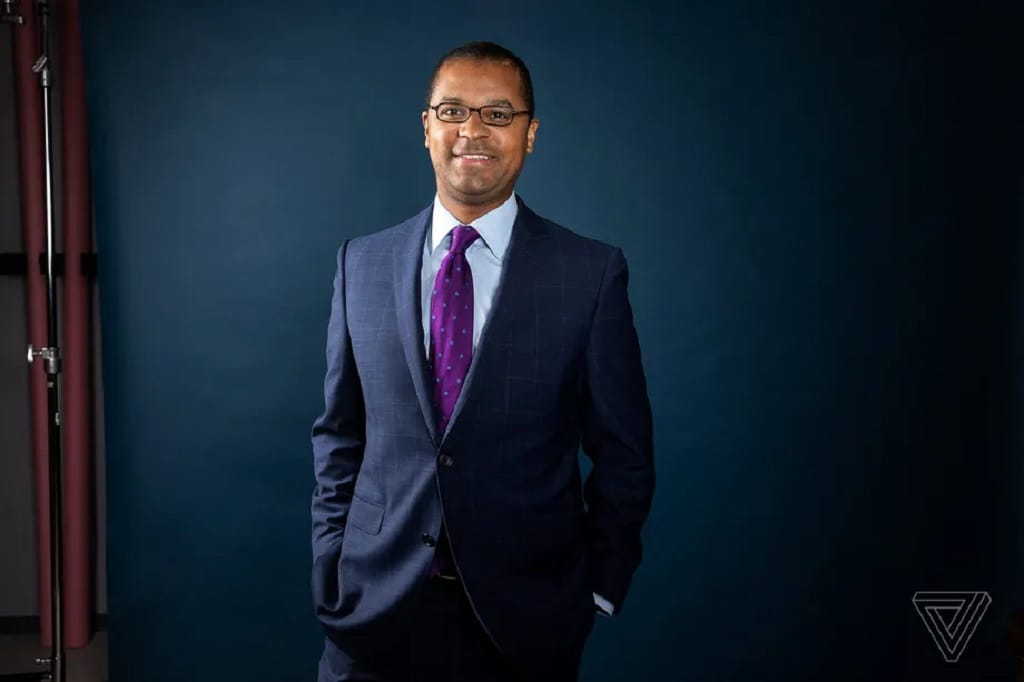FCC Commissioner Starks Says Commission Looking into Impact of Broadband, 5G on Environment
Starks sat down to discuss the promise of smart grid technology for the environment.

WASHINGTON, January 19, 2022 – Former and current leaders within the Federal Communications Commission agreed Thursday that it is important to make sure the FCC’s broadband efforts support the nation’s goals for the environment.
On Thursday, during a Cooley law firm fireside chat event, Robert McDowell, a former FCC director, and current FCC Commissioner Geoffrey Starks discussed how broadband expansion and next-generation 5G mobile networks will affect the environment.
Starks said that the commission is currently focusing on answering that exact question and are evaluating the current attempts to protect the environment, as more money is expected from the federal government and as broadband infrastructure expands. That includes putting more fiber into the ground and erecting more cell towers, but also allowing for a broadband-enabled smart grid system that will make automated decisions on energy allocation.
Smart grid systems, for example, provide real-time monitoring of the energy used in the electrical system. These systems can help to reduce consumption and carbon emissions, Starks said, by rerouting excess power and addressing power outages instantaneously in the most efficient and environmentally friendly manner. The smart grid systems will monitor “broadband systems in the 900 MHz band,” said Starks.
Starks also noted the Senate’s “Strengthening Mobility and Revolutionizing Transportation” initiative, which would set apart $500 million for cities across America so they can begin working on ways to lower carbon emissions.
FCC also focused on digital discrimination
Starks said the commission is also focusing on “making sure that there is no digital discrimination on income level, race, ethnicity, religion, national origin,” and that it all comes down to funding and who needs the money.
He stated that the first step is to finalize the maps and data that have been collected so funding can be targeted to the areas and people that need it the most. Many have remarked that the $65 billion allocated to broadband from the Infrastructure Investment and Jobs Act will not be divvied out until adequate maps are put in place.
Starks noted that broadband subsidy program Lifeline, although fundamental to some people’s lives, is significantly underutilized. Starks stated that participation rates hover around 20 percent, which led the FCC to explore other options while attempting to make Lifeline more effective. For example, the Emergency Broadband Benefit Program – which provides monthly broadband subsidies – has been replaced by the Affordable Connectivity Program, a long-term and revised edition of the pandemic-era program.
Starks and McDowell also stated their support for the confirmation by the Senate of Alan Davidson as the permanent head of the National Telecommunications and Information Administration and expressed that Davidson will be a key player in these efforts.








